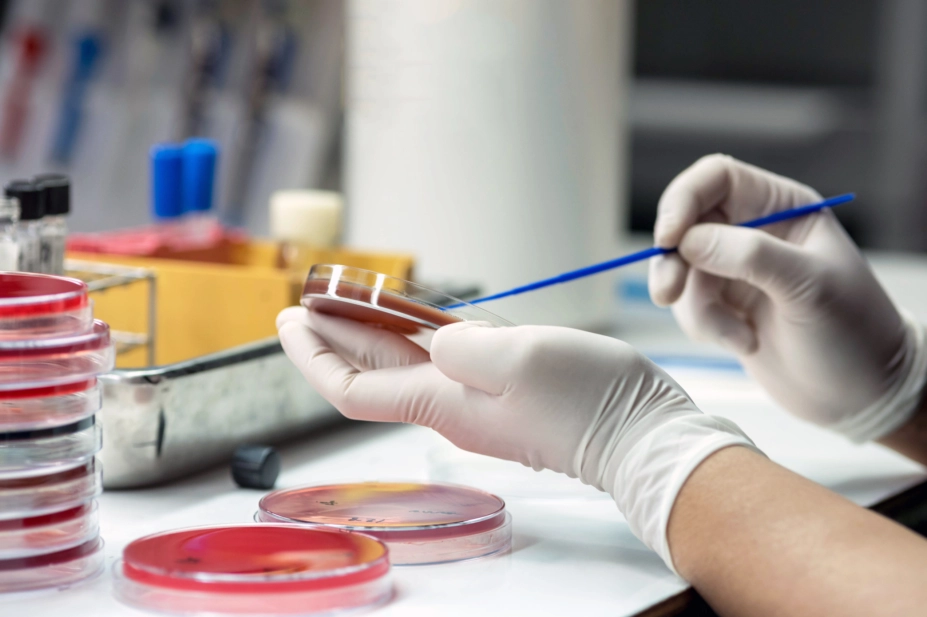
Shutterstock.com
Urgent action is needed to address economic challenges to antimicrobial resistance (AMR)-relevant research and development, the first progress report from industry body AMR Industry Alliance has said.
The report is based on a survey of AMR Industry Alliance member companies — a private sector coalition of biotechnology, diagnostics, generics and research-based biopharmaceutical companies and trade associations from 20 countries set up to provide sustainable solutions to AMR.
The survey found that Alliance members collectively invested at least $2bn in 2016 in AMR-relevant research and development.
More than 75% of respondents with R&D activity relevant to AMR said they have had one or more AMR-relevant products in late-stage development in the past five years, including antibiotics with activity against World Health Organization priority 1 or 2 pathogens of CDC urgent or serious threats; AMR-relevant vaccine candidates; and AMR-relevant diagnostic products.
Insufficient progress
However, the report warns that industry investment is threatened, with more than 90% of the 36 responding companies viewing current progress in R&D as either “promising but far to go” or “insufficient relative to the challenge”.
At a briefing, held on 12 January 2018, Denise Delaney, director of think tank and advisory firm SustainAbility, which produced the report, said just 3% of alliance member companies were likely to increase their investment in R&D. The report suggests sustainable “pull incentives” as a way to stimulate R&D all the way from discovery to development.
The survey also found that more than 80% of respondents were actively engaged in activities to promote appropriate use of antibiotics, such as surveillance to monitor drug resistance and education, but that more could be done, particularly in the areas of vaccine and diagnostic development to help in the fight against AMR.
Finally, the report highlights that Alliance companies are taking significant action to reduce the potential impact of antibiotics manufacturing on AMR. One third of respondents to the survey said they have in place a current strategy, policy or plan to address the issue of the release of antibiotics in internal manufacturing effluents that may contribute to AMR.
Response to report
“The private sector has a crucial role to play in addressing drug-resistant superbugs globally,” said chief medical officer for England, Sally Davies, in response to the report.
Speaking at the briefing, Davies added that “behavioural issues” needed to be addressed in order to tackle AMR. “The only way to solve it is by partnership with industry,” she said, adding that increased education was needed to change the behaviours of the public and professionals alike when it came to AMR.
Jeremy Farrar, director of the Wellcome Trust, told the briefing: “The early stages of the treatment pipeline are now benefiting from partnership and investment by industry, civil society and movement, but without urgent action to address the broken economic model for later clinical development, this progress is under threat.”
The next AMR Industry Alliance progress report will be published in 2020.


